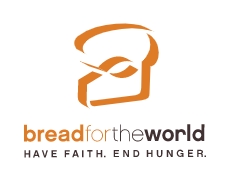Intentions in tension
November 19th, 2020 By Bob Hulteen
By Bob Hulteen
I’m getting ready for a vacation (because in last week’s blog Pastor John said we all should “take ‘em”), so this blog is only three hot takes. You can “take ’em” or leave ’em.
Hot Take 1
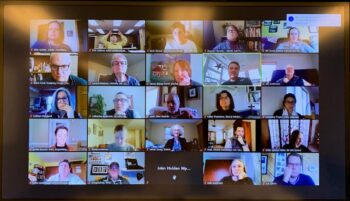
The nine bishops of Region 3 and their staffs meet each November, usually at Joy Ranch in Watertown, South Dakota. This year, of course, we met inside our computers.
November is probably my favorite month, with All Saints and Thanksgiving, you know. And also, for the last seven years, November has included a trip with my synod colleagues out to Joy Ranch in Watertown, South Dakota. There we meet with the staffs of all nine Region 3 synods. We share struggles and successes, challenges and dreams. We study scripture and listen to experts on a variety of “churchy” topics.
Of course, 2020 is what it is. So, the Region 3 gathering was virtual. Instead of catching up in person with my siblings from the Western North Dakota Synod (and others), we viewed each other in 40 little boxes on our computer screens. You all know the gig: It was The Brady Bunch with a bunch of theological terms. (Side note: “Alice” from the show was actually a very active Christian who worked tirelessly on justice issues.)
“Someone — a particular person – identified these young people as persons whose story mattered and invited them into particular roles within the church.”
This year’s Zoom gathering included a panel of young folk who have re-connected with the church after some less-than-perfect experiences with the church. The talked about exclusion around their sexuality, their sense of hypocrisy, their disappointment that “church people” were more concerned with swearing and under-aged drinking than with oppressive structures like racism and sexism, their worry that some thought the building more important than people. They each recounted leaving the church in search of other groups or organizations where they could live out the gospel.
And each came back. As they talked, the thread seemed to be that someone—a particular person – identified them as a person whose story mattered and invited them into particular roles within the church. Someone was intentional in making the invitation to be a part of the way of Jesus. And, each one came.
Hot Take 2
I really just wanted to play volleyball.

I am still playing volleyball, … on a Martin Luther-themed team named “Nailed It.”
At least that is what I thought. But, Pastor Ben Dove, the long-time Presbyterian clergyman in Mandan, North Dakota (and best friend of my pastor – Dick Hagestuen), had a vision. And, aware of my love of volleyball at 13 years of age and knowing that I had “activist genes,” he recruited me to play in the 24-hour volleyball marathon to raise money for CROP-Church World Service.
It was only years later that Pastor Ben admitted that he expected me to bump, set, and spike for the first year or two, but that his plan was for deeper engagement. After two years of playing, he “propositioned” me to help with some of the logistics of the marathon the next year. A couple years later, I was running the event (and Pastor Ben got a break).
“Pastor Ben and Organizer Kim were intentional in recruiting me to the work and encouraging my passion.”
Our successful fundraising work with the marathon and our initial venture into working on policy (trying to make sure people never got hungry, in addition to feeding those who did) attracted the attention of newly-minted Bread For the World organizing director Kim Bobo. On a trip to North Dakota, Kim recruited me to become more involved in Bread, a faith-based policy organization that lobbied on behalf of hungry people.
I became deeply involved with Bread for many years. But, it wasn’t an accident. Pastor Ben and Organizer Kim were intentional in recruiting me to the work and encouraging my passion. They made sure I was trained so that I could develop needed skills.
Hot Take 3
Experience shapes intentions, even if it shouldn’t always have to.
As you are well aware, the pandemic hasn’t just affected how the synod staffs in Region 3 meet. As we prepare to go into another four-week lockdown, we know that businesses, schools, holiday celebrations, and worship life are all affected.
I was struck this week by one person’s recent change in attitude about the pandemic. Former Rep. Nick Zerwas, Elk River, was an invited guest at the Governor Tim Walz’s Tuesday press conference. Zerwas – a Lutheran – had been a frequent critic of Walz (also a Lutheran), including on the topic of restrictions that the governor, using executive orders, put in place over the spring and summer.
I admit mixed feelings about my own interactions with Rep. Zerwas. Normally, we were on opposite sides of issues that I felt strongly about as a matter of faith. But, occasionally, we lined up in fairly similar places. I liked Nick better when we agreed than when we disagreed. In conflict, I found him to be hard headed; in agreement, more level-headed. (I guess that’s not surprising, right?)
But Tuesday, he was a participant at the daily pandemic press conference, speaking in favor of Gov. Walz’s decisions to require bars to close earlier and other restrictions. He pleaded with his former colleagues and other Minnesotans to come together to fight this terrible disease.
“This is a completely different ballgame,” Zerwas said to the press. “Everything has changed. The virus is here. If we don’t act now, God help us.”
Here’s my concern: The road to somewhere-not-too-good is paved with intentions viewed from the rearview mirror.
We all need to be more empathetic. But, I want us to be more empathetic for others without having to have an experience ourselves. I think “neighbor love” gives us the path to put ourselves in someone else’s shoes without having to grab those shoes and put them on.
“The road to somewhere-not-too-good is paved with intentions viewed from the rearview mirror.”
Empathy does not have to come from personal experience. It can flow from concern for others.
Rep. Zerwas, once having experienced a life-threatening bout with COVID-19, saw the light. I am grateful that he was reflective on his experience; and I find it courageous that he attended Gov. Walz’s press conference to encourage his former colleagues to take the pandemic seriously.
But, I live in hope that we can be intentional in our concern for others so that we can respond with empathy simply by listening, … and believing.
You all have a blessed Thanksgiving. I’ll see you on the other side of a vacation. (I’m cleaning the house. Yeah!)

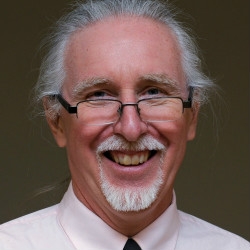
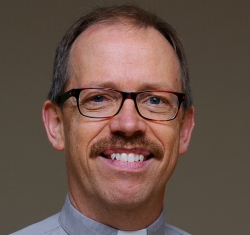
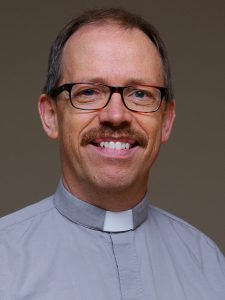 By Pastor John Hulden
By Pastor John Hulden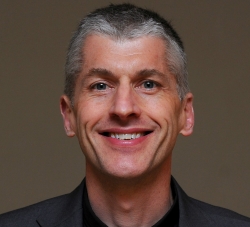
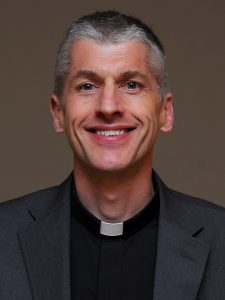 By Pastor Craig Pederson
By Pastor Craig Pederson 
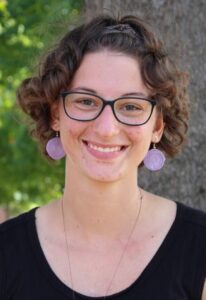 By Madeline Troyer
By Madeline Troyer 
 By Emilie Bouvier
By Emilie Bouvier 
 Between hikes I read Robin Wall Kimmerer’s words, learning about the distinctive biological features of mosses, but more, learning from their lives and patterns. I learned about how mosses use their advantage of being small, carving out their space to live in the thin “boundary layer” between a surface and the fast flowing air just inches above it. I learned about how mosses live in relationship to rocks, other plants, air, water, trees.
Between hikes I read Robin Wall Kimmerer’s words, learning about the distinctive biological features of mosses, but more, learning from their lives and patterns. I learned about how mosses use their advantage of being small, carving out their space to live in the thin “boundary layer” between a surface and the fast flowing air just inches above it. I learned about how mosses live in relationship to rocks, other plants, air, water, trees.

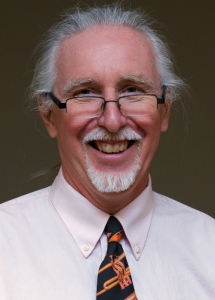 By Bob Hulteen
By Bob Hulteen 
 By Brenda Blackhawk
By Brenda Blackhawk  By Pastor Craig Pederson
By Pastor Craig Pederson 
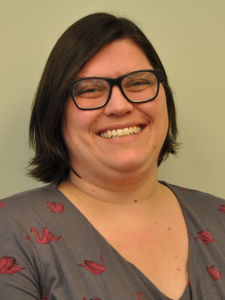 By Meghan Olsen Biebighauser
By Meghan Olsen Biebighauser 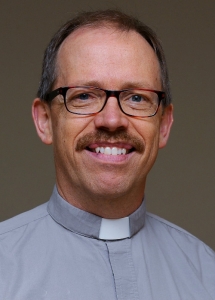 By Pastor John Hulden
By Pastor John Hulden